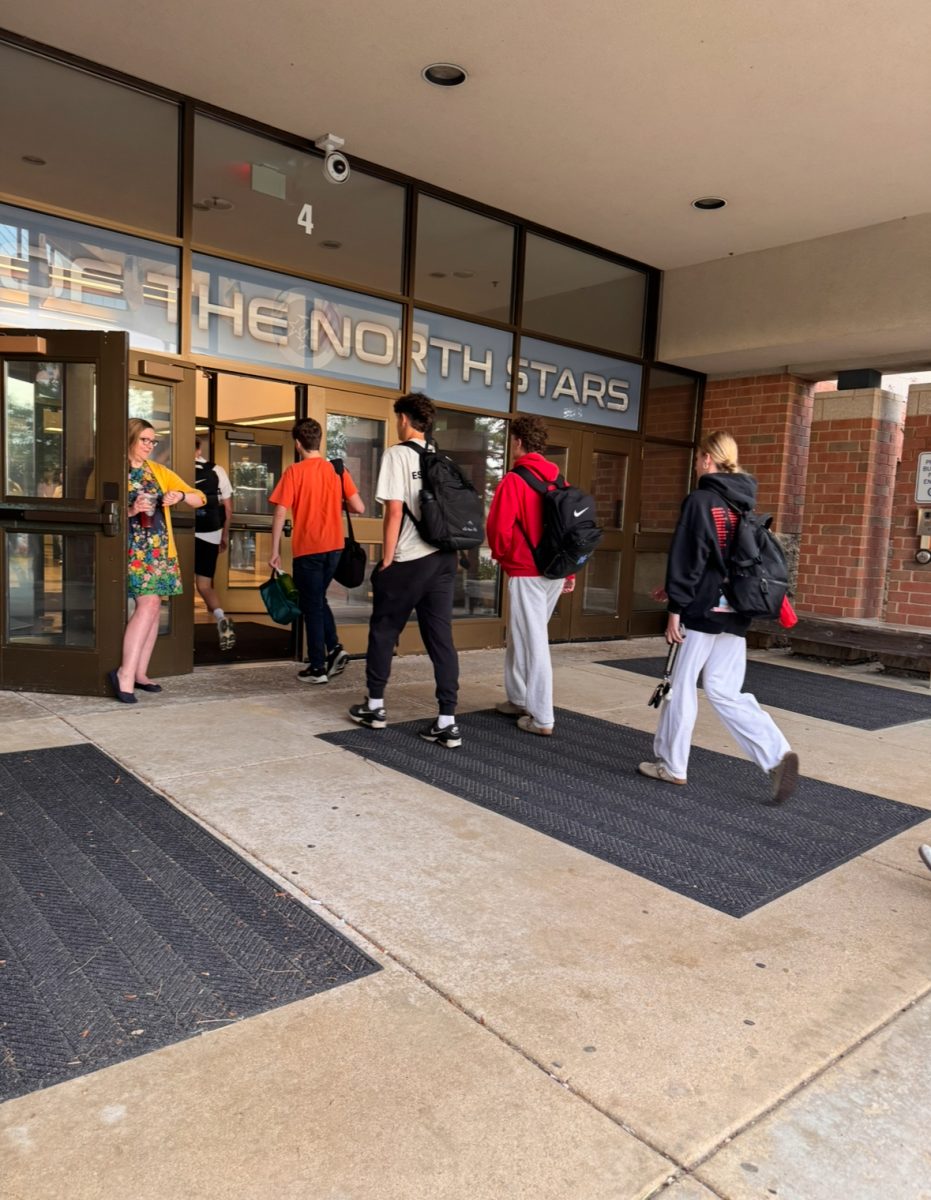Belonging surveys are a part of North’s efforts in making sure that everyone belongs by measuring a student’s contentment with their present situation in school. Each month, students take a survey where they are asked various questions about how much they feel they belong, with answers ranging from one, not feeling like you belong, to five, feeling like you totally belong. However, when these surveys show up, they are short and not taken seriously. The questions are vague, and many students speedily answer without much thought to get it out of the way.
A major question students have about these surveys is what is done with the information they collect. When people do not know what this information is used for, they will not take them as seriously. It would be beneficial if administrators gave students some amount of knowledge about what these surveys are practically being used for. People might take it more seriously if they knew the outcome of their answers.
A solution could be to set time aside, such as during a wellness class, to educate students about why belonging matters. Whether it is a ten minute presentation, five minute video or a teacher’s genuine lecture, these alternatives can be a possible solution that can help students understand the purpose of the surveys.
Unfortunately, these belonging surveys are not always dependable; when people are with other students, they do not want to feel embarrassed to share their feelings. In other scenarios, students even make it a game, racing to see who can finish the survey first.
Additionally, these surveys do not ask specific questions. The questions are along the simple lines of, “Do you feel like you belong?” Because they are so vague, not much helpful feedback can be given. As a whole, both the reliability and validity of the answers received in the surveys are questionable.
One possible solution is adding more to the survey: perhaps adding a feature so that if a student responds that they do not belong, they could input more feedback on why. It could also provide an opportunity for them to reach out for support. Along with this, the survey’s should be given less frequently. If students are not so bombarded with surveys, they may be more willing to take their time and answer honestly.
There may always be students who do not care about the belonging surveys, but regardless, the administration chooses to give these surveys to all students because they care and their intentions are good. These surveys don’t have to be repetitive or a huge deal; they can simply be improved upon in order to make North a better place.










